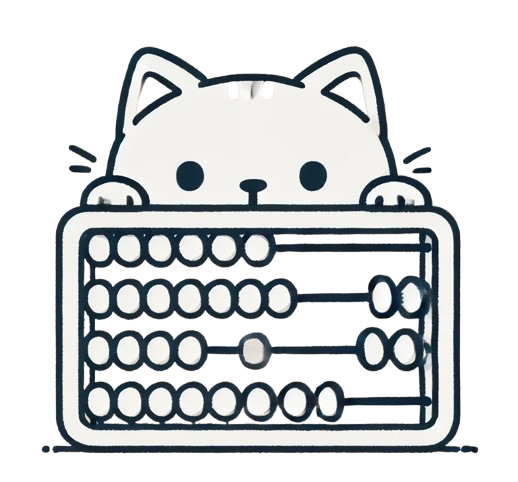Worksheets
The worksheets below are re-generated every day, allowing students to practice new sets of problems each day at the appropriate level. Within each type of problem (e.g., addition, subtraction), the difficulty increases as you move down the list of worksheets; within a sub-type of problem, difficulty increases from left to right.
Adding two numbers, each less than 10
Format: a + b = blank; fill in the blank. (a,b ≤ 9)
Fill in the blank: adding two single-digit numbers
Format: a + blank = c; fill in the blank. (a,blank ≤ 9)
Common strategies with single-digit addition
Adding two numbers, each at most 20
Format: a + b = blank; fill in the blank. (a,b ≤ 20)
Adding two numbers with sum at most 100
Format: a+b = blank; fill in the blank. (a+b < 100)
Adding two numbers with sum at most 100 (Vertical orientation)
Format: a+b = blank; fill in the blank. (a+b < 100)
Adding three single-digit numbers
Format: a + b + c = blank; fill in the blank. (a,b,c < 10)
Fill in the blank: adding three single-digit numbers
Format: a + blank + c = d; fill in the blank. (a,blank,c ≤ 9)
Subtracting two numbers, each less than 10
Format: a - b = blank; fill in the blank. (a,b ≤ 9)
Subtracting two numbers, each at most 20
Format: a - b = blank; fill in the blank. (a,b ≤ 20)
Adding and Subtracting two small numbers
Format: a + b = blank or x - y = blank; fill in the blank. (a,b,y < 10, x < 20, x-y <10)
Multiplying two numbers, each less than 10.
Format: a × b = blank; fill in the blank. (a,b ≤ 9)
Information
These worksheets are meant to supplement your student's learning in school. By themselves, they cannot advance a students understanding.
Here are some tips:- All the worksheets on this site are re-generated daily (at 2am eastern time), so you can print the file from the same link every day to get a new worksheet at the same level.
- To get a sense of your student's fluency, start with a simple addition worksheet. Can they do the problems in their head? Can they do so efficiently? If the answer is "no" to either of those, the worksheet is likely too advanced.
- Encourage your student to try to do the problems in their head. You want them to move away from counting.
- Stick with a worksheet type until the student can work through the problems mentally and without too much pause.
- Talk with your student about how you think through the problems mentally. For instance, what do you do when you add 5 and 9? Likely, you do (5+10)-1. Explain this to the student. A major goal is to build a toolbox for working through arithmetic mentally.
- The worksheets should only take a couple of minutes.
- Keep a regular schedule of practice.
Number sense and arithmetic fluency are the foundation for an understanding of mathematics throughout a student’s math education. Like learning to play a musical instrument, the only way to gain this fluency is through repetition. The math education community, with good reason, has made a big push into presenting math more conceptually at early ages, wanting students to understand what it means to add or multiply two numbers, as opposed to just knowing how to do the computation. This is a laudable goal, but anecdotally, this has come at the expense of math fluency, which appears to be an over correction away from memorization.
DailyMath aims to help students find the middle path by providing routine worksheets, re-generated daily, so students can continue to practice the same basic skills as long as needed. This repetition results in students building a toolbox to efficiently do arithmetic mentally, without the need to use fingers or manipulatives. This is essential in order for a student to be able to progress through the various levels of math in school.
The worksheets are repetitive by design. Repetition is how we learn, and consequently, children are primed to like repetition. It is important to avoid projecting our adult notion that repetition is boring onto children.
DailyMath was created and is maintained by me, Nicholas Vlamis, a research mathematician working as a university professor at the City University of New York and a father of two kids in the NYC public school system. My eldest is in first grade. Her math worksheets consist of word problems aiming to teach addition and subtraction together with a conceptual understanding. I think this is great, but she only ever practices a handful of problems at a time, and I noticed that after several months she continues to count on her fingers for every problem. Concerned that she is not getting enough opportunities to practice arithmetic outside of the context of word problems, I started making my own randomly generated worksheets for her.
Since she started doing these worksheets, I can see her making connections on her own, allowing her to move away from using her fingers and to solidify concepts she has been learning about in school. As a consequence, she is becoming more efficient and more confident in her mental math. And with a sticker chart promising a small reward, she actively asks to do her math worksheets!
The code for this project is open source; it is hosted on GitHub and is shared under the GPLv3 license.
